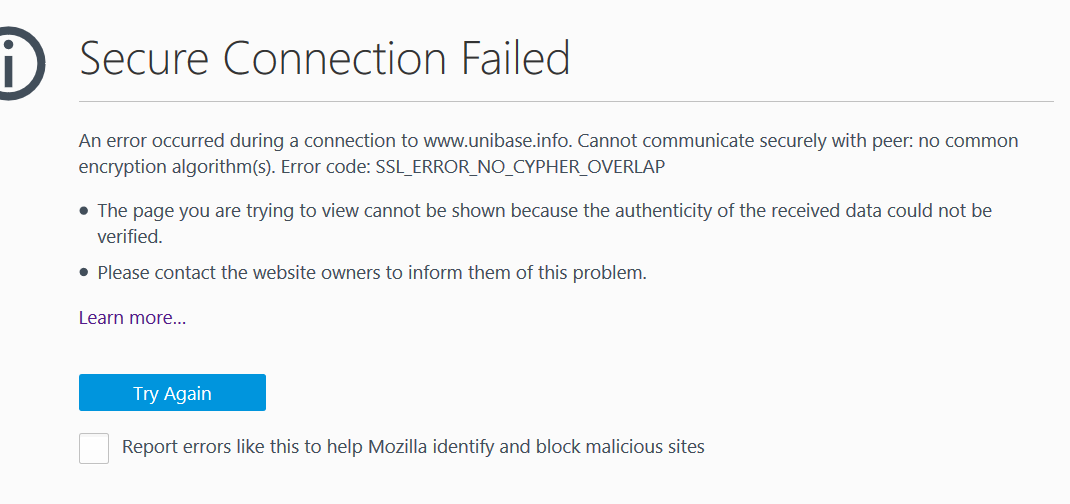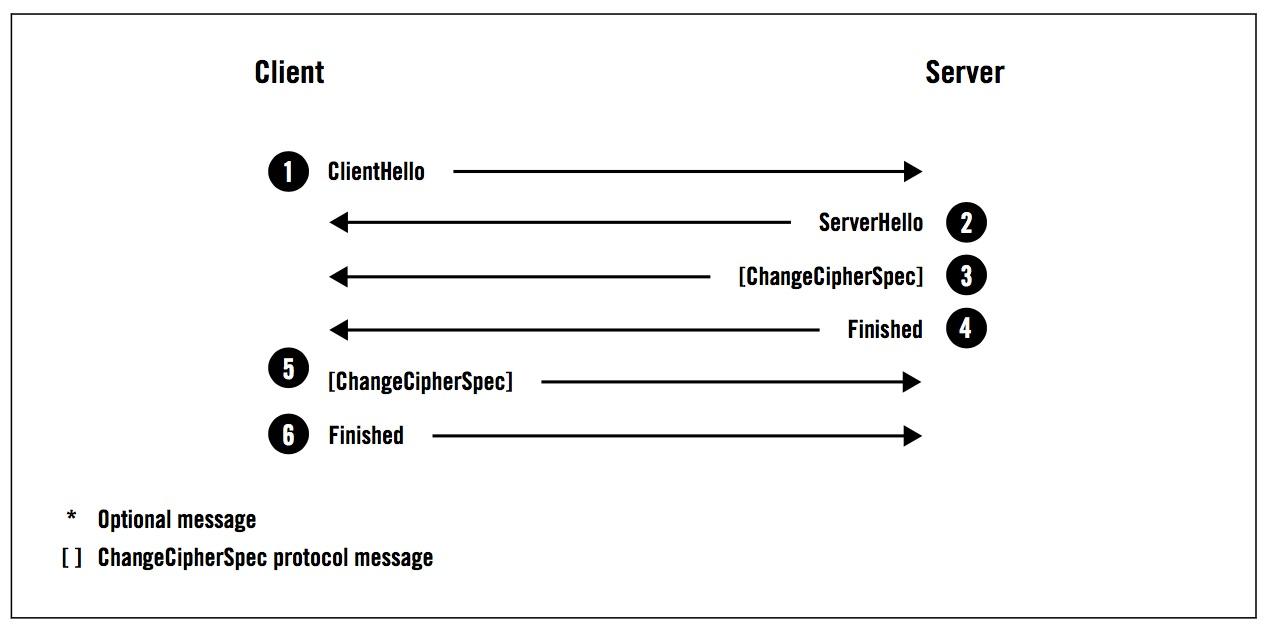

That has been removed by the press and here we are in the middle of this mess. The more interesting part of that sentence is "for most use cases". However, those are exactly the same goals for literally every other VPN technology, too. If that is not your design goal, then you will probably have no chance. VPNs also need to be performant and secure. Of course the biggest selling points of some new technology are that it is easy. WireGuard aims to replace both IPsec for most use cases, as well as popular user space and/or TLS-based solutions like OpenVPN, while being more secure, more performant, and easier to use.

In there he explains the concept, objective and technical implementation in the Linux kernel.

This article is based on the WireGuard Whitepaper written by Jason Donenfeld. It sounds great on paper, it is exciting new technology. The scheduler or a zero-copy network stack are not very approachable topics for a glossy magazine. They have reported of crushing processor vulnerabilities that have been mitigated in software, Linus Torvalds using too harsh language and just boring developer things. There has not been much positive news around the Linux kernel recently. It is a working piece of technology, but I personally think that it is being presented as something entirely different - as a replacement for IPsec and OpenVPN which it simply is not.Īs a side-note, I think that the media is responsible for this and not the WireGuard project itself. I do not want to discredit the developers of WireGuard for their efforts or for their ideas. Thanks to Peter for proof-reading my chaotic thoughts. If you are in need of a tea or coffee, now is the time to make it. In this article I would like to debunk the myths. But is it as great as it sounds? I would like to discuss some thoughts, have a look at the implementation and tell you why WireGuard is not a solution that will replace IPsec or OpenVPN. The latest thing that is getting a lot of attention is WireGuard - the new shooting star in terms of VPN.


 0 kommentar(er)
0 kommentar(er)
